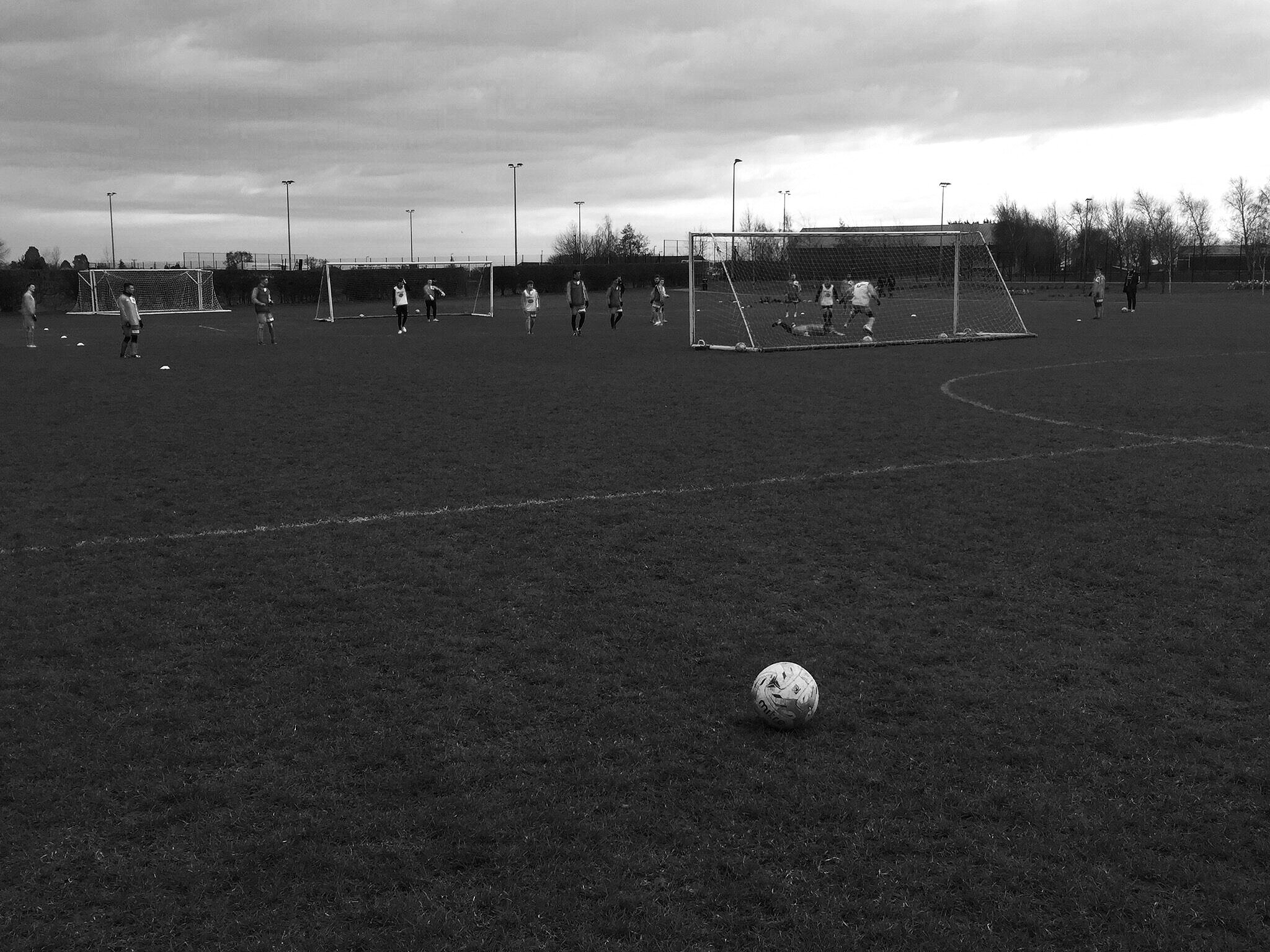Reward, don’t restrict.
As coaches, we know it is our duty to help our players - after all, that’s why we got into coaching in the first place isn’t it? Therefore it is commonplace for us to use conditions or challenges in our training sessions in an attempt to help them overcome difficulty and in doing so, learn new skills.
During my time in football (be it in a coaching role or a mentoring capacity) I have been fortunate enough to watch a lot of training sessions. One of, if not the, most common ‘condition’ I have seen placed on players during a practice is “you must make at least X number of passes before you can score”. Don’t get me wrong, all of the coaches who I have seen do this (and I include myself in this as I have also used this condition in the past), did so with good intent. The rationale behind this rule often linking to a need for their team to “be better at keeping the ball”.
Ok, so why might this not be the most effective condition or challenge to use? Granted, by enforcing this rule those players involved will have an exposure to a greater total number of passes, increased opportunities to work on receiving skills etc, but the decision making aspect, and I mean that from the players themselves and of which relates and translates easily to game situations is limited. The players are passing the ball because the coach has instructed them to, or because the rules of the game say so, not because it is the right thing to do at that moment. Any condition which has the word must in it will mote than likely reduce decision making from the players - it is therefore restrictive.
As apposed to restricting as a method of making our players perform specific aspects of the game, try rewarding them for doing so. Take the “be better at keeping the ball” example from above. We may choose to use a small sided game with normal rules, and modify the scoring system - 1 point for scoring a goal, 1 bonus point for every 20 seconds your team possesses the ball. This, through the use of bonus points, gives the players an incentive for attempting to maintain possession, yet does not take away the realism of the game itself - if a player steals the ball off the opposing defender, you would want them to drive at goal, not turn around and perform unrealistic passes back down the pitch!
A quick note here - whenever you are using a scoring system or bonus points, be sure to stick to them! Too often do we not follow through and keep score, therefore undoing the purpose of having the incentive in the first place.
Giving players the freedom to make decisions for themselves, and realistic ones at that, has greater returns than restrictive practices, and a higher transferability to a game scenario. Have a think about how you can use a reward style in your next training session. How will you encourage your players to give your topic a go, to try new things repeatedly yet make intelligent, game realistic decisions in the process? Let me know how it goes, and share your attempts on Twitter or by commenting below.
